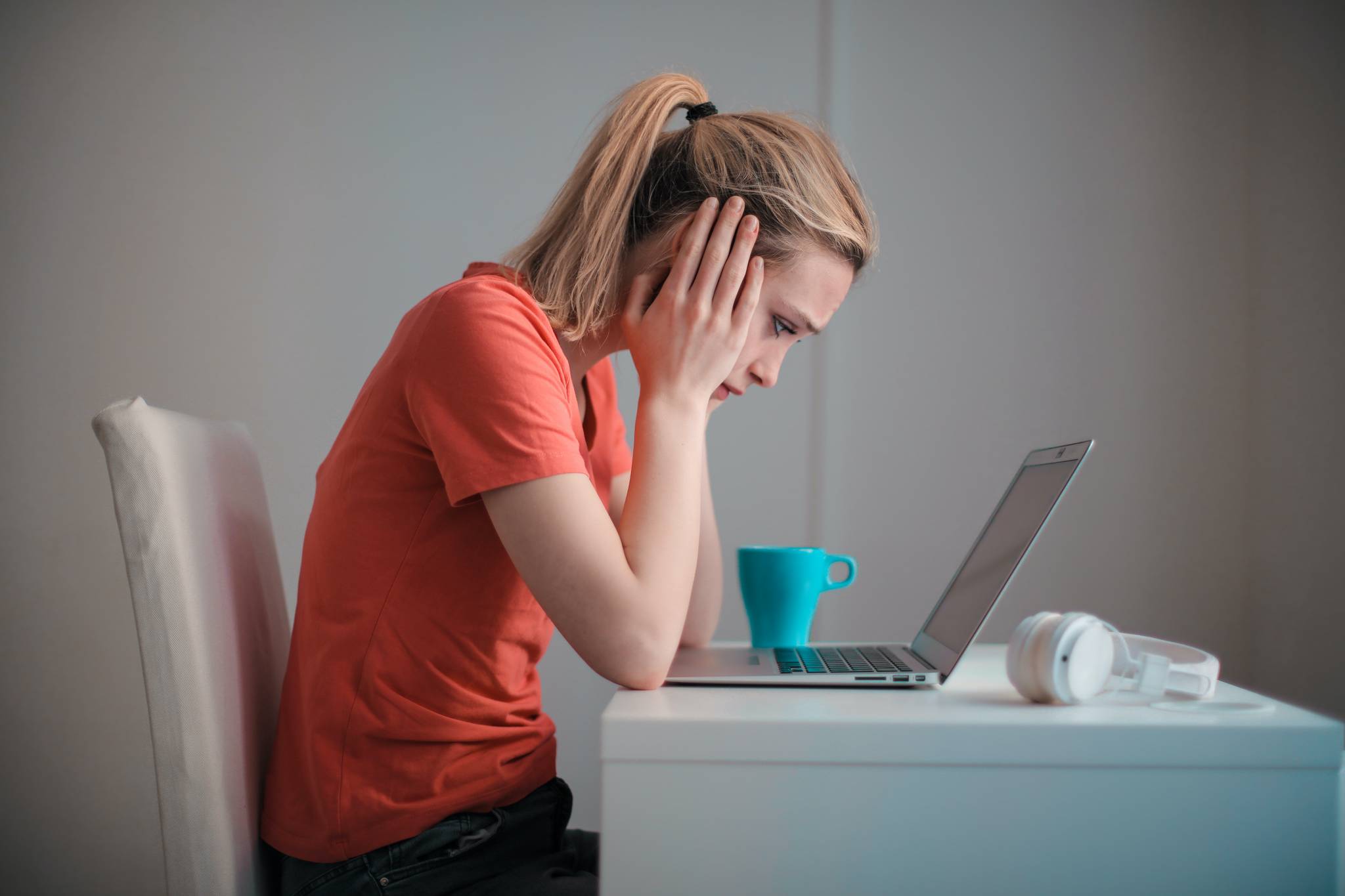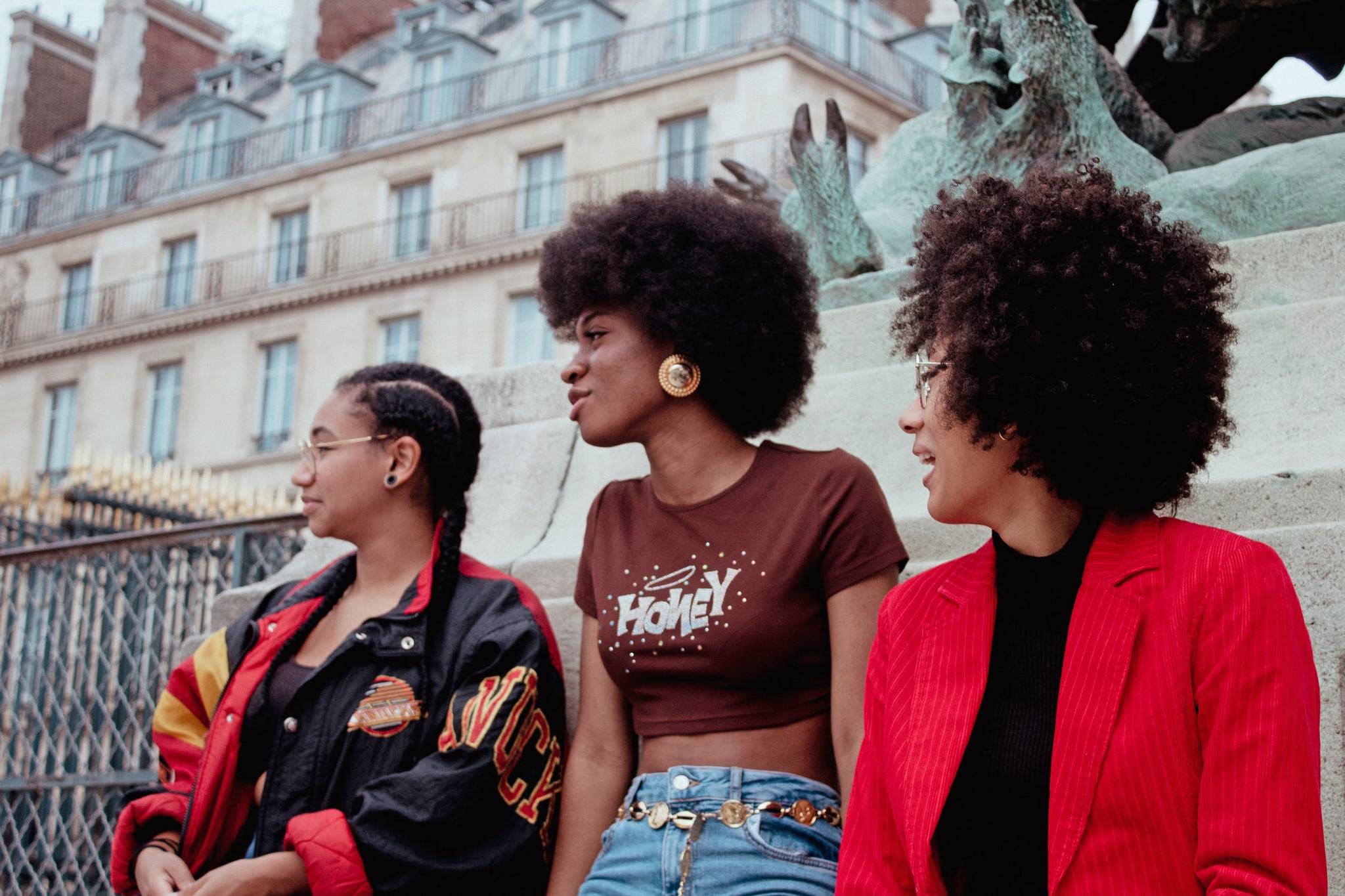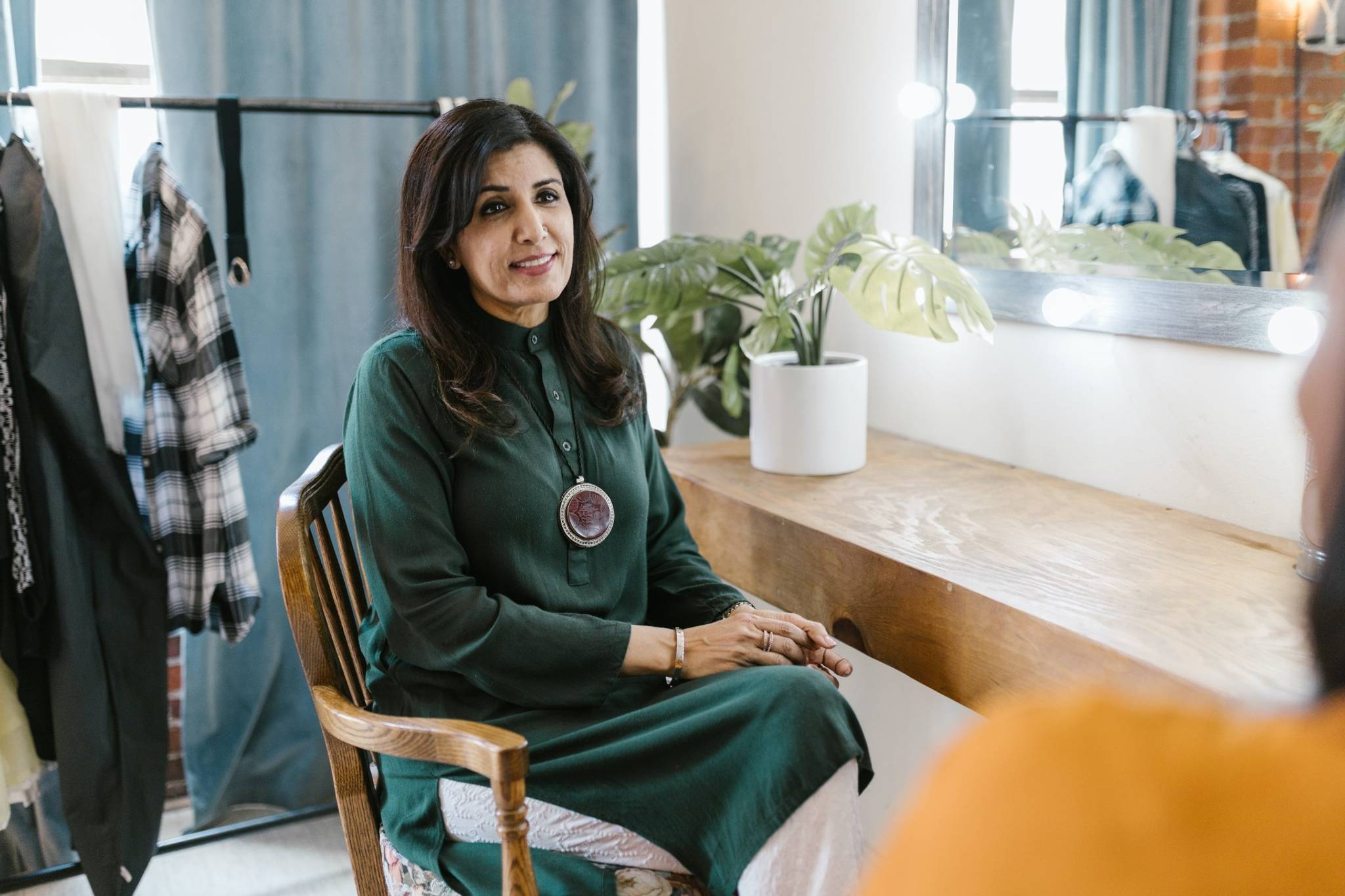
What do Fleabag, Taylor Swift and Pam Beesly have in common? They're all ‘girlfailures’ that are celebrated online for their flaws and relatability. New cultural figures are rebuffing all things hustle culture and girlboss related and are welcoming in an era of the imperfectly perfect woman.
‘Girlboss’ is no longer a term that resonates with working women of today. As hustle culture mindsets die out and dwindle, people are yearning for relatable and authentic icons because no one’s perfect, right?
'Girlfailures’ are replacing the girlboss by celebrating female characters who own their flaws. The term was first used on Tumblr in 2021 – but it recently migrated to Twitter where the praise of fictional girlfailures kicked this trend into virality with over three million #girlfailure views.
For some time the internet has been worshipping girlfailure icons as seen in Fleabag, Sweet Dee from It’s Always Sunny in Philadelphia, and Pam Beesly from The Office. These figures show audiences that it's okay to be flawed. And as on-screen personalities that capture modern female angst transition into IRL trends, the pushback against the girlboss has finally reared its mass media head.
This phenomenon isn’t isolated to TV shows and films. Complex book characters are also racking up relatability points, as explored in the popular novel My Year of Rest and Relaxation which went viral on BookTok with the book’s hashtag receiving over 60 million views.
Following the journey of a depressed and unlikeable woman feeds into the hunger for less-than-perfect female characters, and in response to criticisms of the book, author Ottessa Moshfegh said: “We live in a world in which mass murderers are re-elected, yet it’s an unlikable female character that is found to be offensive: it’s sexist and idiotic.”
But can girlfailures really be feminist? Yes, the girlfailure movement juxtaposes the ’manic pixie dream girl’ trope by adding depth and nuance to female characters and pushing back against perfectionist ideals and stereotypes. But the anti-girlboss era has also been criticised for being elitist.
For many, #girlboss posts helped young, overlooked women have the confidence to kick-start their careers and financial futures – even if it turned sour in the end. Whatever the case, both girlboss and girlfailure narratives indicate that women are tired of the impossible standards society sets and they don’t want to be constantly self-improving.
Hustle culture and ‘rise and grind’ mentalities have exhausted many, as seen in over half (53%) of women globally saying their stress levels are higher than they were a year ago. And given the current cost of living crisis, women want to be reassured that it’s okay that their lives aren't picture perfect.
Women want support beyond International Women’s Day to ease the pressures that have been placed upon them both at home and at work. Perhaps, between the spectrum of girlboss and girlfailure, they can find their relatability sweet spot and new motivational motto.



